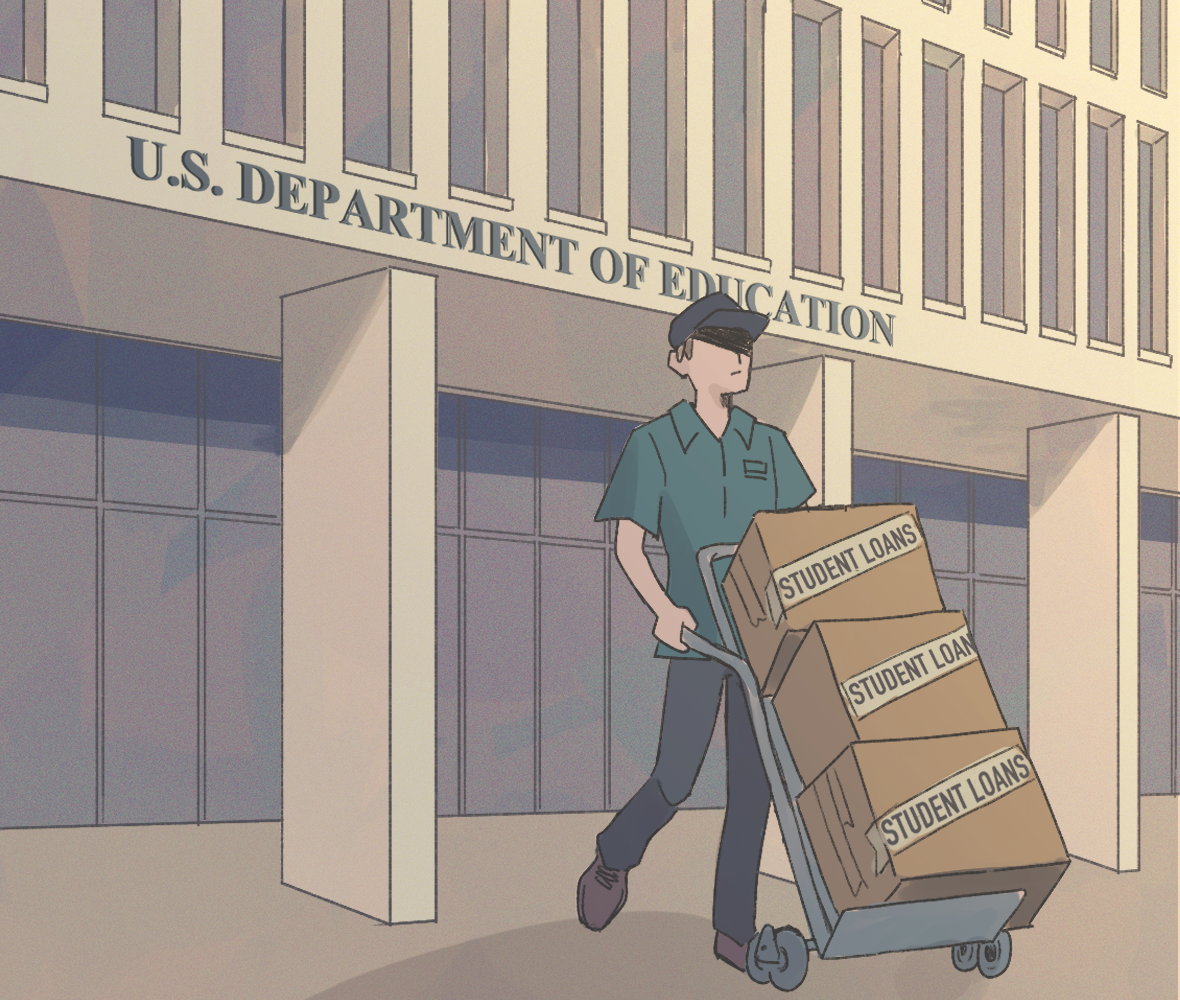The Texas Advanced Computing Center will undergo a $20 million expansion to its facilities at the J.J. Pickle Research Campus over the next year.
“We were asked what our highest priority was for the center, and one of those was expanding our space and research capabilities,” TACC spokeswoman Faith Singer-Villalobos said.
With the UT System Board of Regents giving the project final approval Thursday, construction is set to begin later this year and
projected to be done by January 2016. The System will fund $10 million for the project, while an anonymous donor put forth the other $10 million. The new building will include office space and a “visualization lab,” located on the northeast quadrant of the J.J. Pickle Campus. The 1,500-sqaure-foot lab will consist of large, flat panel monitors for researchers to observe data.
“It will be a state of the art facility, and it will allow researchers to study large-scale data analysis and visualizations at extremely high quality,” Singer-Villalobos said.
According to Singer-Villalobos, the facility is classified as a “comprehensive cyber-infrastructure,” which is a technological environment dedicated to research and science. Singer-Villalobos said that there has always been a visualization lab on the UT campus, but TACC recently expressed the need for one of its own on the J.J. Pickle campus.
“TACC’s primary goals are to provide the office space that would consolidate staff from multiple locations into one,” senior project manager Jim
Shackelford said.
The building will house about 70 new employees and 20 students, according to Singer-Villalobos, and there will also be an auditorium for 260 people and a “flexible training” room for 50 people.
Shackelford said TACC provides research capabilities to those at UT and researchers from around the world.
“TACC has really put UT-Austin on the map as a technological hub,” UT spokesman Gary Susswein said.
Singer-Villalobos said the TACC has been on campus since 2001 and conducts research in the field of advanced computing while also providing resources such as data-driven computing, data analysis and cloud storage. She also said TACC supports more than 3,000 active and funded research projects.
“I think you’re going to see a lot more research being done with this expansion,” Susswein said.




















